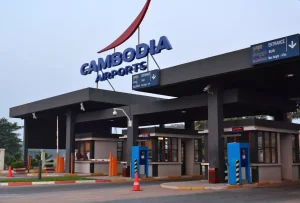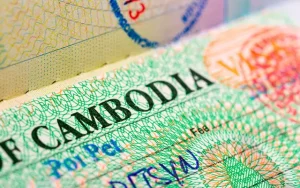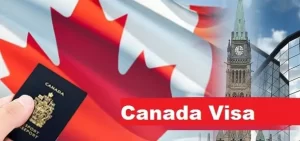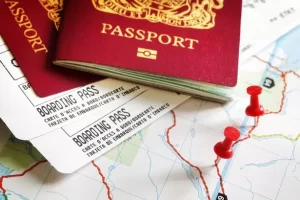
1. Introduction
If you’re planning a trip to Turkey, understanding the Turkey visa application process is crucial. Whether it’s a vibrant cityscape like Istanbul, a beach holiday on the Aegean coast, or exploring historical sites, a smooth visa process can set the tone for your trip. But how do you navigate the often complex application procedures? This guide will walk you through everything you need to know. Turkey Visa Application Process
2. Types of Turkey Visas
Turkey offers various visa types depending on your purpose of visit:
- Tourist Visa: Ideal for vacationers and those visiting friends or family.
- Business Visa: For attending meetings, conferences, or business-related events.
- Student Visa: Required for those enrolled in educational programs.
- Work Visa: Necessary for those employed or contracted to work in Turkey.
Each visa type has specific requirements and limitations, so choose the one that aligns with your travel purpose.
3. Who Needs a Visa for Turkey?
Not everyone needs a visa to enter Turkey. Here’s the breakdown: TOURIST VISA APPLICATION FOR TURKEY
- Visa-Exempt Countries: Citizens from countries like Germany, Japan, and Malaysia can enter visa-free for short stays.
- Countries Requiring a Visa: Nationals from countries such as the United States, India, and China must obtain a visa before traveling.
Always check the latest visa requirements based on your nationality to avoid any last-minute surprises.
4. Understanding the Visa Application Process
The Turkey visa application process is straightforward but requires attention to detail:
- Online Application Portal: Most applications can be completed online through the Turkish Ministry of Foreign Affairs’ e-Visa portal.
- Steps to Follow: Start by selecting your visa type, filling out the application form, uploading the required documents, and paying the visa fee.
5. Required Documents
The documents required vary by visa type but generally include:
- General Documents: Passport, recent photographs, and completed application form.
- Specific Documents: Depending on the visa, you might need proof of accommodation, travel itinerary, or a letter of invitation.
Ensure all documents are current and meet the specified guidelines to avoid delays.
6. How to Fill Out the Application Form
Filling out the form accurately is key:
- Step-by-Step Guide: Begin with your personal information, followed by travel details, and finally, answer security questions.
- Common Mistakes to Avoid: Double-check for spelling errors, ensure your passport details are correct, and don’t leave any mandatory fields blank.
Taking your time to fill out the form correctly can save you from rejections.
7. Submitting the Application
You can submit your application in two ways:
- Online Submission: The most convenient method, especially for short-term visas.
- In-Person Submission: Required for long-term visas or if you prefer direct interaction with the consulate.
After submission, you will receive a tracking number to monitor your application status.
8. Processing Time
The processing time can vary:
- Standard Processing Time: Usually, it takes around 3-15 business days.
- Expedited Processing: Available for an additional fee if you need your visa sooner.
Plan your application timing based on your travel dates to avoid last-minute stress.
9. Visa Fees
The visa fee depends on your nationality and visa type:
- Fee Structure: Fees can range from $20 to $100 or more.
- Payment Methods: Payments are typically made online via credit card or at the consulate using cash or card.
Always confirm the fee and payment method accepted by the Turkish authorities to avoid inconveniences.
10. Interview and Biometrics
In some cases, you may need to attend an interview or provide biometrics:
- When an Interview is Required: Typically for long-term or work visas.
- Biometrics Collection Process: Involves fingerprinting and photograph submission, usually done at the consulate.
Prepare for these steps by scheduling appointments in advance and bringing all necessary documents.
11. Receiving Your Visa
Once approved, you’ll be notified:
- Notification of Approval: Via email or phone, depending on your chosen method of communication.
- How to Collect Your Visa: Either download your e-Visa from the portal or collect it from the consulate.
Ensure to print your e-Visa and carry it along with your passport while traveling.
12. Common Reasons for Visa Rejection
Visa applications can be rejected for various reasons, including:
- Incomplete Applications: Missing documents or incorrect information.
- Inaccurate Information: Discrepancies between your application and your supporting documents.
- Insufficient Funds: Inability to demonstrate financial stability for your stay.





